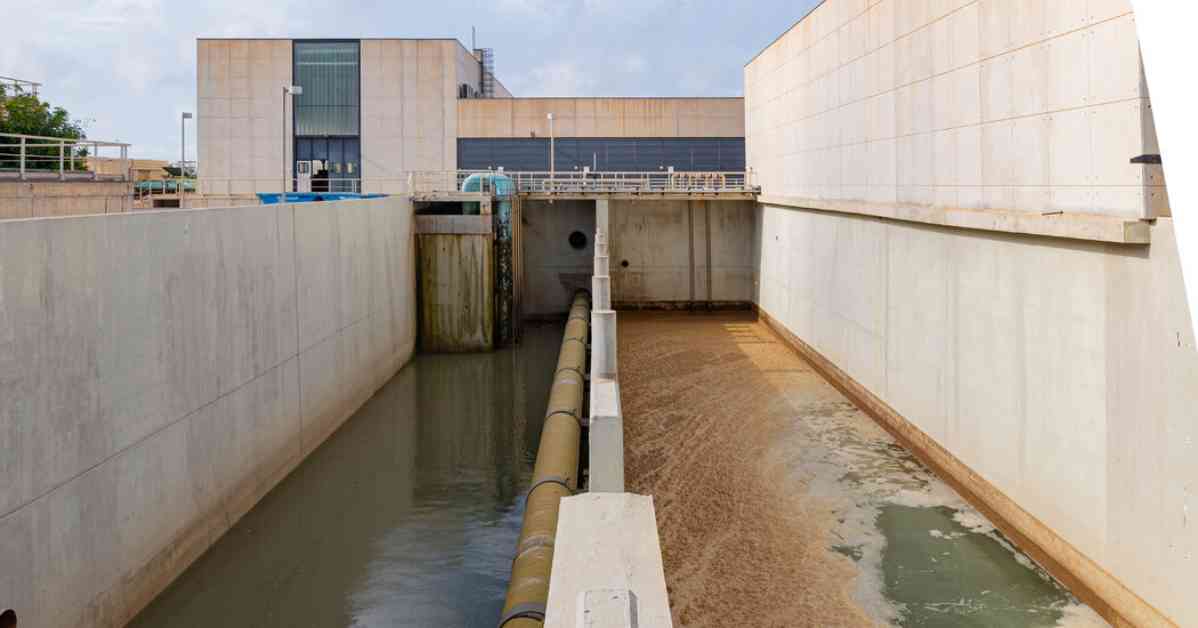Spain’s Innovative Approach to Water Management
In the scorching heat of late June, Spain’s Mediterranean coast bustles with tourists seeking the sun and sea. In the city of Torrevieja, a small but vibrant community surrounded by apartment blocks and sandy beaches, the demand for water escalates during peak tourist seasons. Fortunately, the region has a strategic solution to meet this increased demand – desalination plants.
One such facility stands prominently overlooking a picturesque lagoon, its unassuming buildings housing a complex system of pipes, pumps, and tanks that work tirelessly to convert seawater into fresh, drinkable water. This process, known as desalination, is a critical component of Spain’s water supply infrastructure, enabling the country to sustain its economy and meet the diverse needs of its residents and visitors.
Acciona, a Spanish company at the forefront of sustainable development, has spearheaded the construction of the Torrevieja desalination plant, a facility capable of producing over 60 million gallons of fresh water daily. According to the company, this plant has the capacity to supply water for 1.6 million people, a staggering feat that highlights the plant’s significance in ensuring water security in the region.
While the primary purpose of the Torrevieja plant is to support agriculture, particularly the cultivation of citrus fruits like oranges and lemons destined for export to Northern Europe, its role extends beyond irrigating crops. During the peak tourist season, when water consumption spikes, the plant redirects a portion of its output to meet the domestic needs of the city, ensuring that residents and visitors alike have access to clean, high-quality water.
The success of the Torrevieja plant is emblematic of Spain’s broader approach to water management. Along the country’s coastline, similar desalination plants have proliferated, enabling sustainable urban development in arid regions and bolstering Spain’s agricultural industry. These plants have not only facilitated the growth of coastal communities but have also positioned Spain as a global leader in water management practices.
The proliferation of desalination plants has allowed Spain to navigate the complex challenges posed by water scarcity and increasing demand. By harnessing the abundant seawater that surrounds its shores, Spain has transformed a potential limitation into a sustainable resource, ensuring the resilience of its water supply in the face of changing climate patterns and growing population pressures.
In addition to supporting domestic needs, desalination plants play a crucial role in addressing global water challenges. As populations grow and water resources become increasingly strained, the innovative technology employed by Spain’s desalination plants offers a blueprint for sustainable water management practices worldwide. By leveraging desalination technology, countries facing water scarcity can secure a reliable source of fresh water, mitigating the risks associated with dwindling freshwater reserves.
The success of Spain’s desalination plants underscores the importance of innovation and sustainability in addressing the complex water challenges of the 21st century. As the global population continues to grow, and climate change exacerbates water scarcity, the lessons learned from Spain’s experience with desalination serve as a beacon of hope for a more water-secure future. Through strategic investments in water infrastructure and a commitment to sustainable practices, countries can overcome the looming threat of water scarcity and ensure a prosperous future for generations to come.













